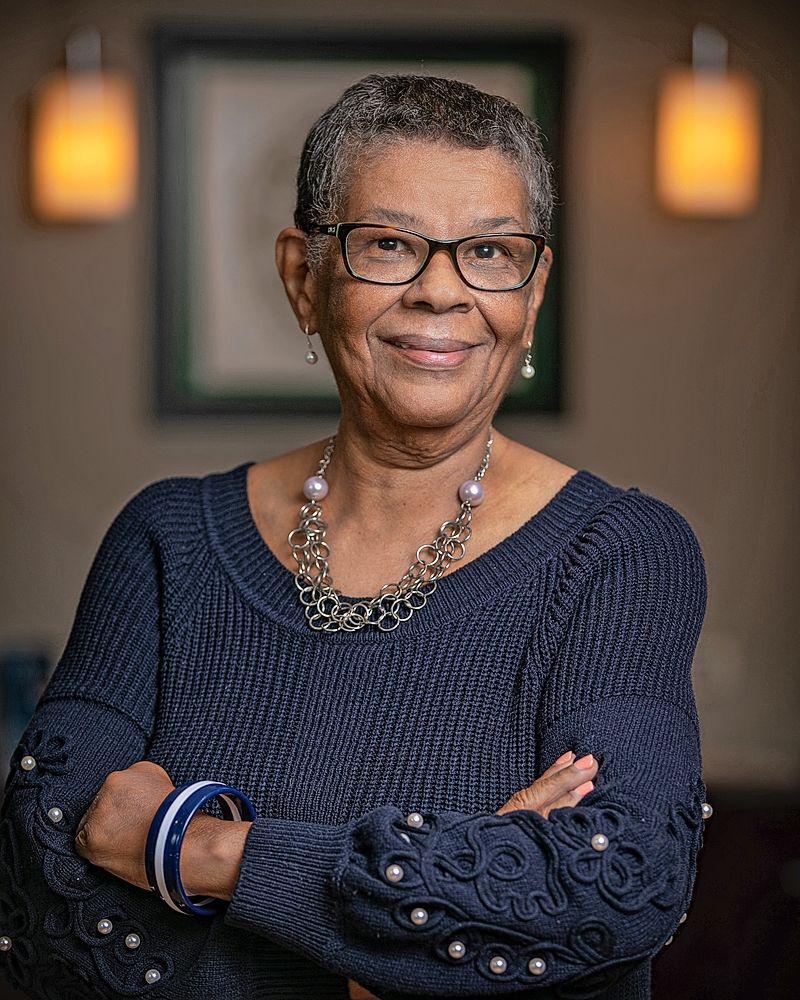Racial equity
By Julie Duffin
June 2021 View more Humanitarian

In 2019 Lutheran Child and Family Services of Illinois’s leaders decided to address the disparities they saw in their foster care program. Specifically, organizational leaders wanted to determine why children of color took longer to leave foster care and find permanency than white children.
After a two-year analysis the nonprofit determined that implicit bias and institutional racism were influencing inequitable outcomes—mirroring issues the entire country’s child welfare system faced. Determined to overcome these biases, the nonprofit has successfully decreased the median length of time children spend in foster care by 37.5 percent for African American youth and 64 percent for Latino youth in its DuPage County region.
“We are proud to have moved the needle so more youth of color can be in loving forever families,” says Beverly Jones, vice president and chief operating officer of LCFS of Illinois. “As someone who has been in this field for a long time, it feels good to be part of an organization that acknowledges this is an issue and is open to learning how to be better. Our staff has really been energized by this. We weren’t sure how it was going to go but it really has been terrific. We’ve learned a lot about how we work with parents and children.”
As part of its commitment to equality, LCFS now requires supervisors to attend a multiday training session on dismantling systematic racism. Directors of the foster program meet every six weeks to look at the data and assess best practices. One area they addressed was ensuring fathers were included in the process.
“We use to concentrate mainly on moms. Fathers weren’t really included, especially if they weren’t living together,” Jones explains. “We’ve also learned to listen better to parents when they tell us what they need and how they view their circumstances. We want to know what help looks like from their point of view. Then we develop a plan of action jointly with staff and family.” Facilitating a good relationship between a child’s parents and their foster parents is key to ensure everyone involved is working toward the same goal—whether it be reunification with parents, adoption, or legal guardianship.
“I think one of the lessons learned from the pandemic is that there are disparities in our health care system that have existed for a while,” Jones points out. By sharing their findings, LCHS encourages other agencies to conduct similar work. “I hope we give people a sense of urgency to take this issue head on. The more you do, the more you will find you need to do. Just stick with it. It’s not easy,” she says, “but doing nothing is not acceptable.”
Photo courtesy LCFS


